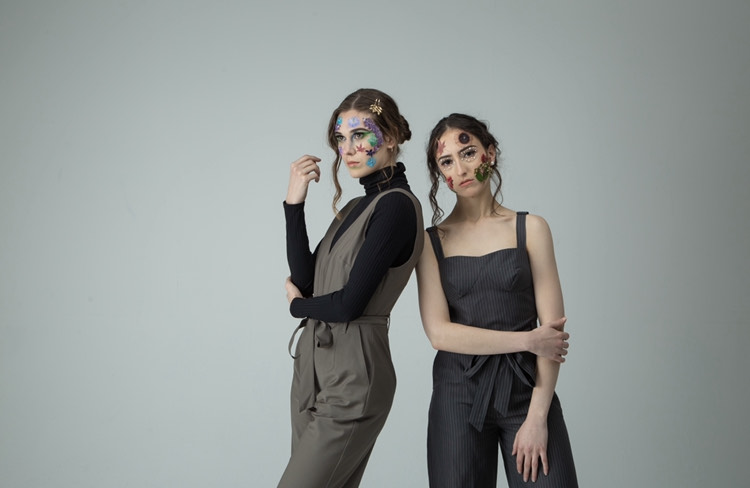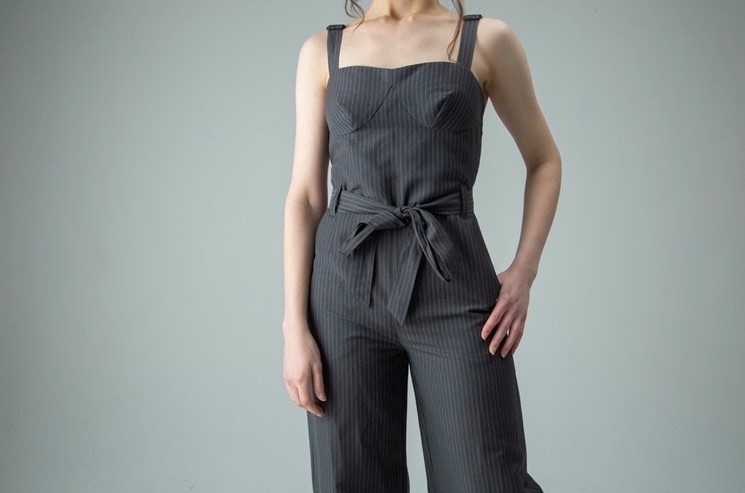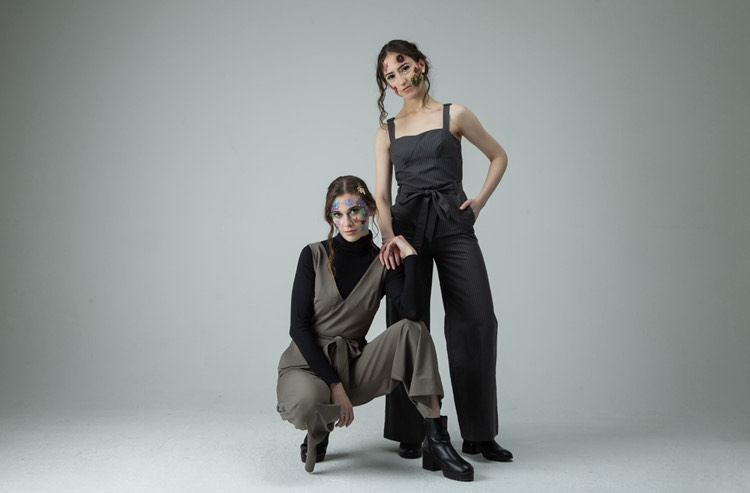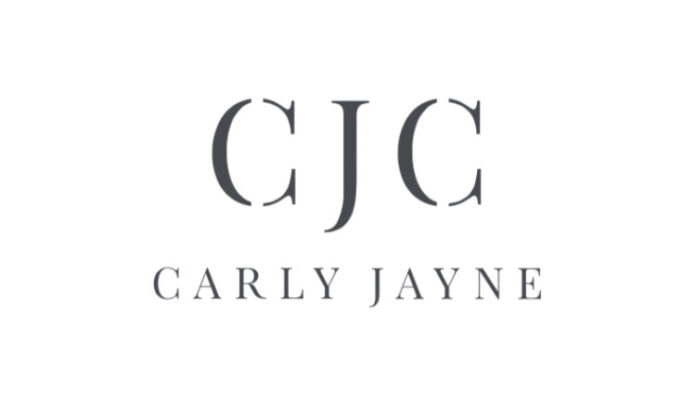( ENSPIRE Community Spotlight ) Dreams Turned Reality for a Lover of Fashion Committed to the Greater Good
ENSPIRE Contributor: Aishwarya Suresh
Art enthusiasts enjoy seeking new and fresh perspectives; pouring into flowering projects to nourish their endeavors and stand back to watch them grow. As an audience, we see with our eyes and make decisions from there. Businesses with preliminary initiatives of sustainable and ethical production understand that impact and depth start at the very beginning before outside eyes can catch a glimpse. A prioritized understanding of effects on the environment and widespread inhumane conditions are reshaping the producer-consumer domain; leading the business world to question unethical decisions.
Carly Cornell of Melbourne, Australia has launched her sustainable and ethically focused clothing line, CJC-CARLY JAYNE; inspirited by the wellbeing of ecosystems, humanity, and fashion. She recounts the initial thoughts of delving into her lifelong love for fashion as overcome with fear and uncertainty. At the age of 21, she knew that her passion had a reason, and its valuable purpose laid beyond now crumbling walls of self-doubt, taking to the internet to learn the first steps of fashion sketching. Currently earning her Bachelor of Business Marketing, Cornell enjoys the freedom of creative expression by creating her own hands-on fashion experience while pairing it with academic resources on marketing and operation analysis.

In traditional building, something new comes with a few knocks. Manufactured in Australia CJC may sound like they have a whole country to work within, but when making conscious efforts in morally sound choices the process is relatively smaller in scale. While developing their first collection, issues with deadstock materials and unmatched samples could have caused a roadblock. Yet, a community of manufacturers, fabric suppliers, and pattern makers came together with a determined will to help. It became evident that in being socially and environmentally conscious from the start, CJC was also building a tight and genuine team dedicated to their cause.
Cornell cites her restless soul as what needed to see CJC realized; fearlessly pursuing self-expression undivided by gender norms or style expectations. She questions the focus on chasing trend after trend, and in turn further constricting ourselves to set standards. For her, fashion is most powerful when freed from socially normalized attire constraints, and by never deviating from being considerate and aware of human and environmental effects.

She understands, however, that buying sustainable and ethical fashion is not always financially feasible, with other concerns and barriers such as location and sizing options as well. Aside from an online CJC presence on Instagram, Facebook and on their website, they also run a support blog. Cornell knew it was necessary to design a space where ideas could be shared on revitalizing older materials, the treasures within thrift stores and combining pieces to design something new. By using these outlets to discover the nuanced developments CJC has, and in the future wants to offer, more of their story is told.
“I think customers feel it is important to buy from a brand that holds the same values as them…At the end of the day the main purpose behind the brand is to spread awareness and make sustainable and ethical fashion affordable for everyone. In order, for sustainable and ethical fashion to become mainstream it has to be for everyone.” Cornell encourages every consumer to research companies and their ethos, in order to align their own values and personal buying rate to where they buy from.

Looking to the future she is intent on taking her time to construct every moving part of CJC, assuring growth but not in rapid spurts. She knows that CJC has collections worth of groundbreakingly unique and progressive ideas to offer. With every collection being limited edition, Cornell hopes to feature independent artists that will push boundaries and bring originality. As a woman running her own business, working alongside other women who are striving to develop and bring their own passions to fruition will be a continuous goal. In doing so CJC promises that every step will be taken to ensure sustainability and real representation of diverse fashion needs and tastes.

Are you still wondering why it is important to support smaller businesses, founded in benefiting the greater good, instead of solely waiting for a change in already established larger corporations? Cornell has a few words of insight.
“When you start a business [or] company and then, later on, incorporate important initiatives, you already put yourself in a certain market that you may not be able to break out of…It would be hard for [a company] to create a sustainable and ethical line that people believe is sustainable and ethical since they are a part of the fast-fashion model. By starting out with social initiatives it means people truly will believe me when I say it is sustainable…for a small business like mine to focus a lot on sustainability, ethics, and breaking down gender norms, it pushes the bigger brands to do it also. It helps to create a better and more accepting industry.”







